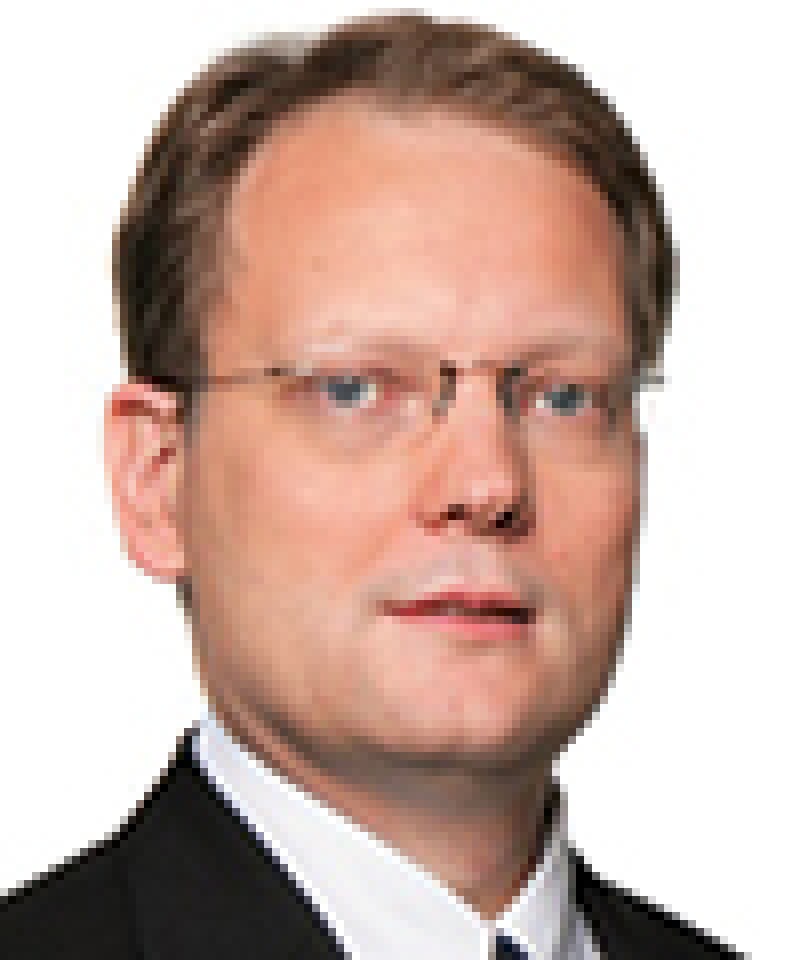
|

|
|
Rene Zulauf |
Andreas Fross |
Globalisation has played an important role in the way multinational enterprises (MNEs) are structured today. Group financing is centralised at a regional or global level to benefit from numerous cost synergies, including taxes.
In many cases, MNEs have established cross-border financing structures and used financial instruments to benefit from hybrid mismatches and other tax arbitrage opportunities.
Nowadays, efficient tax planning for group financing becomes more challenging in light of the OECD BEPS project and because of non-harmonised specific anti-avoidance regulations (SAARs) imposed by high-tax jurisdictions to safeguard their tax base.
The abolition of hybrid structures under BEPS will basically have no impact on Swiss financing structures as such hybrid structures never worked in Switzerland. For instance, it is not possible to obtain the Swiss participation exemption on a payment that is classified as tax deductible interest in the paying country.
As part of the so-called Swiss Corporate Tax Reform III (CTR III) the Swiss Finance Branch regime, with an effective tax rate (ETR) of 1%-2%, will sunset in 2019 or 2020. The Swiss legislator is discussing the introduction of a notional interest deduction (NID) concept for all Swiss companies as part of CTR III, which could result in an ETR of as low as 2%-3% for financing companies in certain cases.
The introduction of NID, combined with the non-tax advantages of Switzerland as a financing location, such as a first class financial services industry and infrastructure, political stability and stable currency, would ensure that Switzerland remains as one of the premier financing locations of choice in the age of BEPS, in particular for MNEs which already have a strong operational presence and/or significant substance in Switzerland or plan to establish such presence and substance.
Rene Zulauf (rzulauf@deloitte.ch) and Andreas Fross (afross@deloitte.ch)
Deloitte
Tel: +41 58 279 6360 and +41 58 279 7632
Website: www.deloitte.ch









